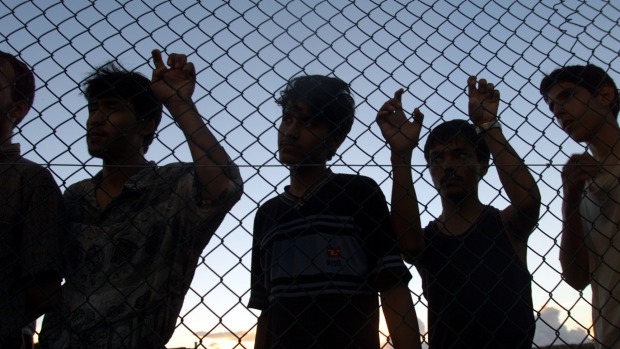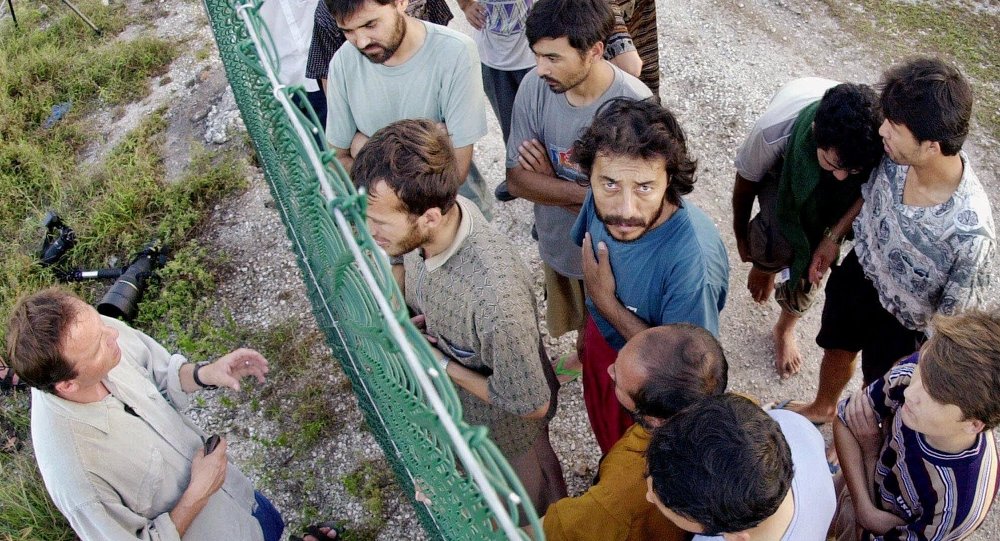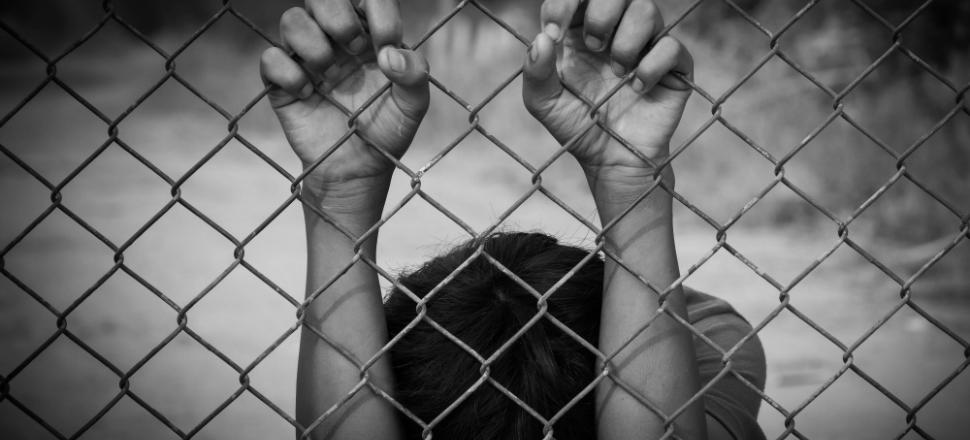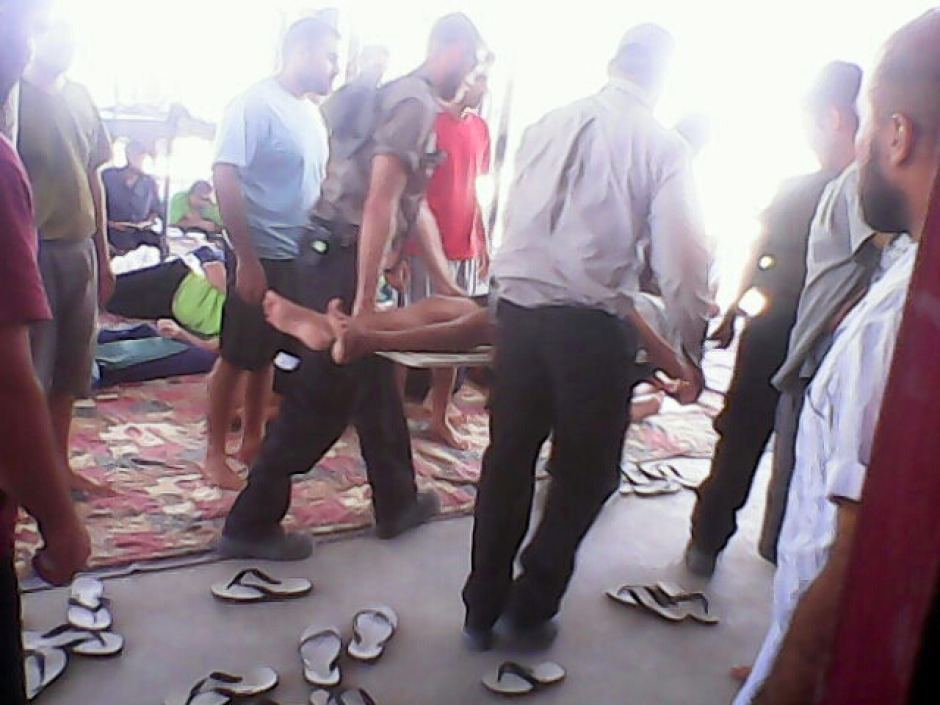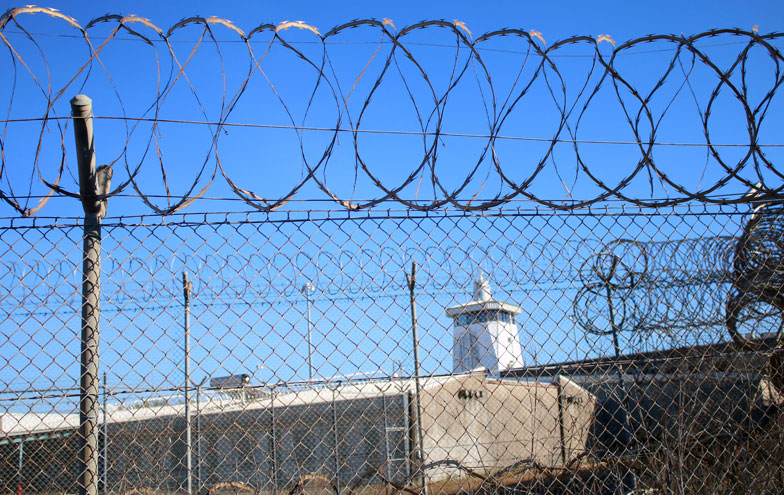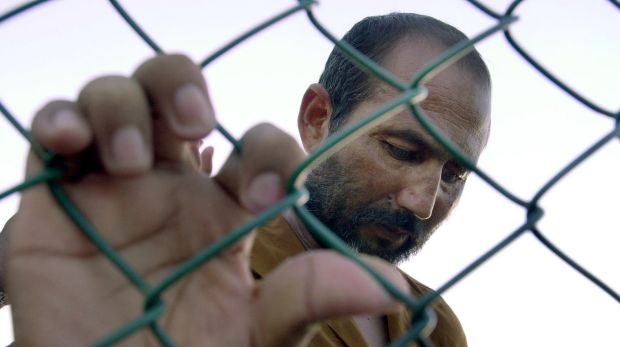What is Offshore Detention?
“For 4 years, consecutive Federal Governments have forced people who arrived here seeking safety, to suffer additional harm in offshore detention” Graham Thom, Amnesty International
Under Australia’s Operation Sovereign Borders policy, asylum seekers who arrive by boat are not permitted to stay in Australia while their claims are processed. Instead, they were transferred to two purpose-built Australian-government funded detention centres located outside Australian territory: one on Nauru, 1000 kms from mainland Australia and the other on Papua New Guinea’s Manus Island, 3000 kms away.
In 2013, a pivotal statement by the Federal Government declared that no one who arrives by boat would ever be granted resettlement in Australia. The 2013 policy applied to all future boat arrivals as well as those already awaiting processing on the islands of Nauru and Manus. The policy included a promise to process asylum claims in a 12 month period- this was never followed through.
Although the majority of these individuals have been formally identified as refugees, after 6 years, no viable or concrete solutions have yet been proposed to secure their future. Those transferred remain trapped in a state of continuous limbo. Successive governments have maintained the mantra that boat arrivals cannot come to Australia.
During the past 6 years, the policy has attracted increasing scrutiny from human rights groups and the media, who together with personal accounts by detainees have continuously reported the presence of extremely harsh and inhumane conditions, inadequate resourcing and a culture of hostility.
What is a Refugee? A refugee is someone who has been forced to flee his or her country because of persecution, war, or violence. A refugee has a well-founded fear of persecution for reasons of race, religion, nationality, political opinion or membership in a particular social group. War and ethnic, tribal and religious violence are leading causes of refugees fleeing their countries. — UN Refugee Agency.
Australia is a signatory to the 1951 Refugee Convention, which clearly states that no person who has fled persecution and conflict and is seeking safety should be placed in an environment that continues to expose them to further harm.
What Is The Controversy?
Credible humanitarian organisations, refugee advocates, the UN and media organisations have continually criticised the brutality of Australia's offshore detention policy and the psychological damage inflicted on detainees as a result of their isolated and unsupported situation.
In October 2016, Amnesty International and Save the Children released a comprehensive report, exposing human rights abuses and declaring a state of “despair” at the Nauru detention centre. Amnesty International labelled the implementation of the government’s policy a “regime of cruelty” that falls within the definition of torture under the Universal Declaration of Human Rights to which Australia is a signatory. There have been numerous incidents of self harm and 7 detainee deaths, which are considered by several human rights organisations to have been preventable if adequate medical and psychological care had been provided. To date, there has never been a single published article by a credible news organisation that praised or found merit in the policy of offshore detention. A particularly influential article was written by journalist Roger Cohen in the New York Times in December 2016.
Another central criticism of the policy is the total lack of transparency and accountability surrounding the operation of the two centres. Information flow is highly restricted by the government on the pretence of security concerns. Gaining access to the centres is virtually impossible. Personnel working in the centres and representatives of humanitarian organisations have up until a recent court decision, only been permitted to operate there after signing total non-disclosure agreements.
In 2017, a class action brought against the government by detainees on Manus Island claiming mistreatment and human rights breaches was settled out of court by the government for AUD$70 million dollars. The settlement has been widely seen as a way for the government to avoid the public scrutiny in the presenting of evidence by affected people that would form part of court proceedings.
A recent attempt by the Federal Government to ban the use of mobile phones by detainees in the centres was overturned by court action.
In late August this year, 400 refugees who had been transferred to Australia in order to receive medical treatment for a range of serious health conditions have had their support and housing allowances removed without notice as a means to pressure them to return to offshore detention.
Where We Stand Now
In April 2016, a ruling by the Papua New Guinea's Supreme Court cited that the Manus Island camp was unconstitutional, forcing the Australian government to schedule closure of the centre in October 2017. No solution has yet been proposed for those remaining there except for the so-called “refugee-swap” deal with the US. The imminent closure of Manus Island without a plan heightened tension in both centres as the government has applied pressure on detainees to settle in PNG, an option that is considered unsafe by human rights groups and the detainees themselves. A growing group of advocates and support organisations have demanded that the refugees be immediately moved to safety in Australia to await claims processing and resettlement options.
In 2018, after a massive public outcry, every asylum seeker and refugee child held offshore on Nauru was finally moved off the island.
The passing of the Medevac legislation in early 2019 has enabled a smoother process for transferring asylum seekers and refugees from offshore to Australia to receive the adequate medical care they need however the Federal Government has flagged its intention to repeal this legislation later this year.
“Regardless of what becomes Australia’s long term immigration policy, we need to bring them here — let’s bring them to safety immediately.”
Madeline Gleeson, lawyer and Senior Research Associate at the Andrew and Renata Kaldor Centre for International Refugee Law.
Further Reading:
Broken Men in Paradise, New York Times Magazine
A Short History of Nauru, Australia’s Dumping Ground for Refugees, The Guardian
Australia’s Regime of Cruelty, Amnesty International
UNHCR Says Australian Must End Offshore Detention and Stop Dividing Families
International Obligations for Asylum Seeker Policies, UNHCR
Get Facts, Refugee Council

